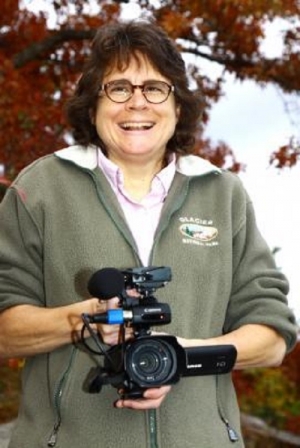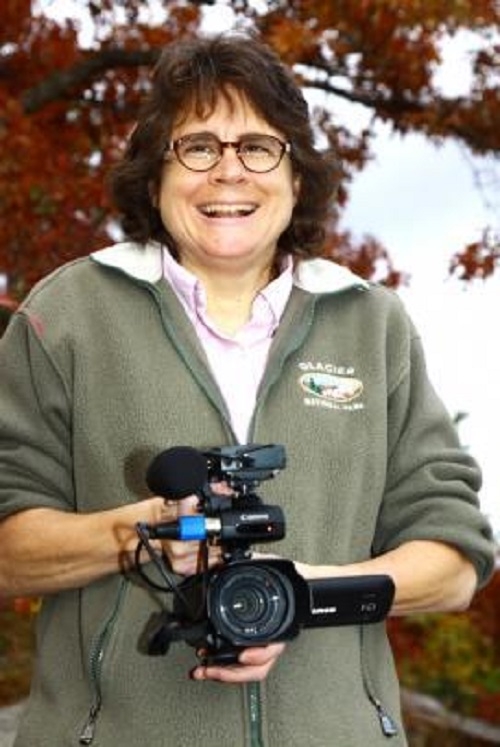University Documentary Film Services, received a $10,000 grant to pursue her project in establishing a minitheater at the National Park Service’s Moses H. Cone Memorial Park for screening Appalachian video productions .
The park, which is located near Blowing Rock on the Blue Ridge Parkway, preserves the country estate of Moses H. Cone and draws over 70,000 tourists each year. NPS is reconfiguring the Flat Top Cone Manor, the 13,000-square-foot mansion built by Moses and Bertha Cone in 1901, to create a learning space for visitors.
“Interpretation of the Moses H. Cone Memorial Park through educational videos ...requires an interdisciplinary enterprise — a matter of history, sociology, psychology and economics — to better understand all the influences that shaped the estate and the life of the estate workers,” Davison said.
The AISP funding will help build the theater, including purchasing audiovisual equipment and building materials. Students in Cameron Van Dyke’s Design Studio course are building furniture for the new minitheater. Van Dyke is a lecturer in Appalachian’s Department of Applied Design. The minitheater is anticipated to be operational around March and will screen previous work from Appalachian, including Davison’s documentary project “The Denim Dynasty” — a film about the legacy of the Cone family and the Cone mill workers. The theater will start rotating and screening new productions as soon as they are completed, providing an ongoing exhibit space for future University Documentary Film Services (UDFS) productions.
Davison’s next documentary, “History of the Flat Top Manor and Cone Estate,” which builds on “The Denim Dynasty,” is being co-produced with Dr. Derek Davidson, senior lecturer in Appalachian’s Department of Theatre and Dance. The production, which is anticipated to be complete by fall 2018, will include interviews, theatrical readings of excerpts from oral histories and reenactments in period clothing (early 1900s). Students in Appalachian’s Department of Communication will assist UDFS staff in filming the production during the spring 2018 semester.
“Students who participate in these productions will have hands-on learning experiences and will additionally learn about the area’s history and culture, as well as its environmental issues,” she said. “Documentary work sends students out in the community to engage with community partners and have conversations with community members they normally do not encounter.”
Adapted from Jessica Stump’s original article, “Chancellor’s Appalachian Innovation Scholars Program announces 2018 winners.”

